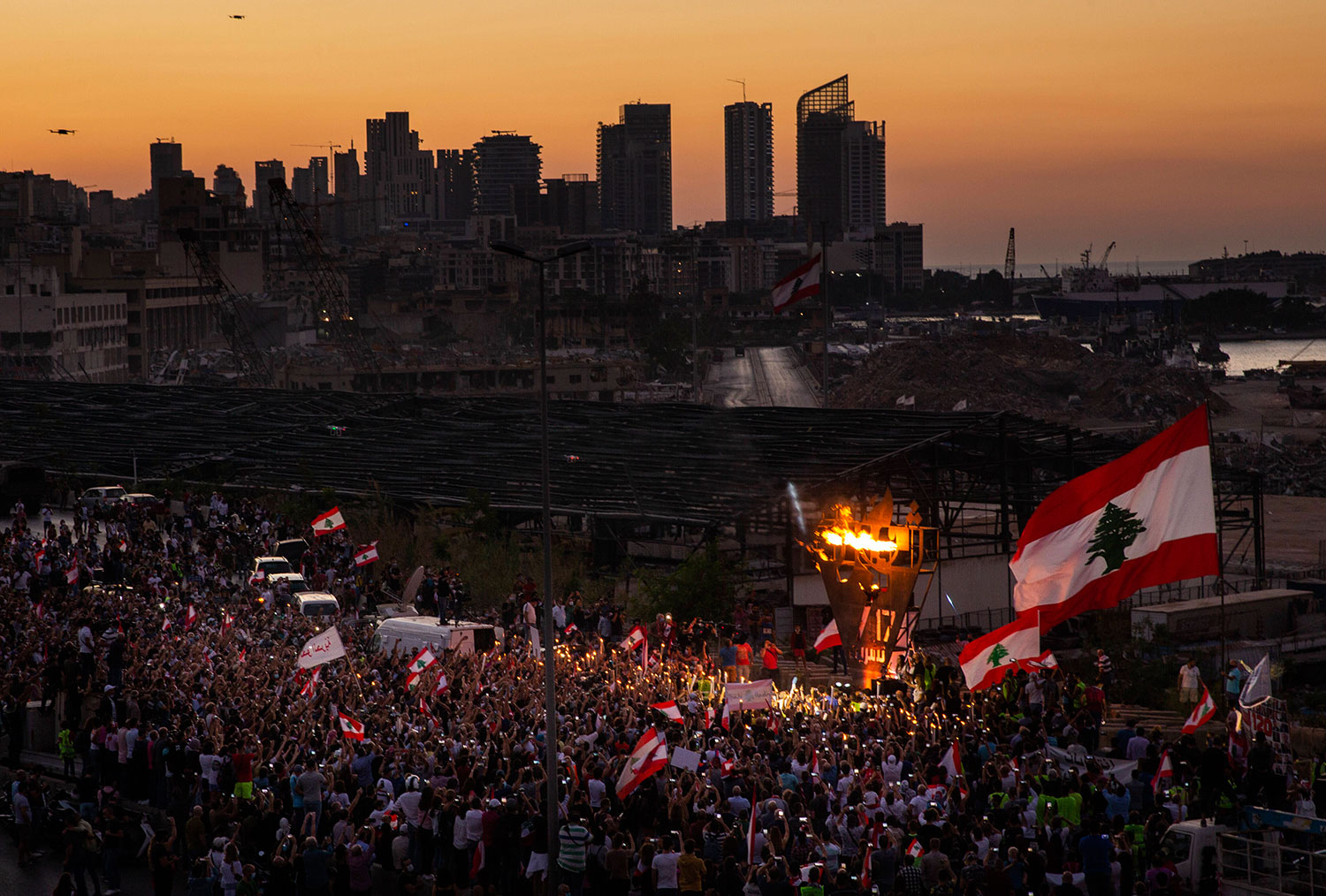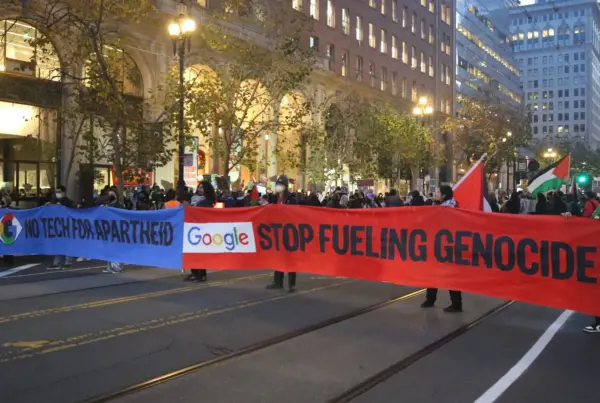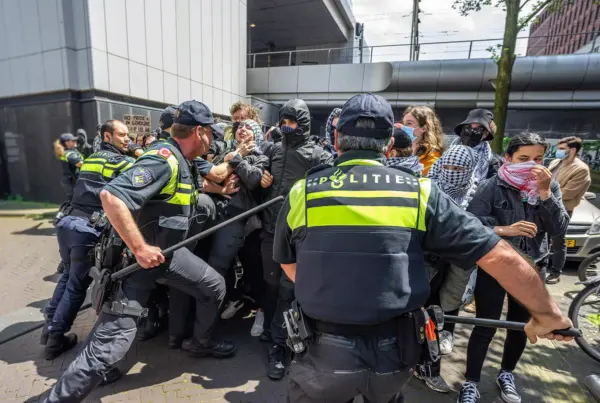Lebanon’s major port was devastated by a chemical explosion in August 2020, resulting in 200 casualties and billions of dollars in damages. Seven months later, the current Lebanese government cannot agree on a path to end the country’s political and economic crisis.
Lena Krikorian, 10 May 2021
The IMF just issued a statement that Lebanon cannot pull itself out of its economic crisis without a new government. Pope Francis recently met with Lebanese Prime Minister Saad Hariri urging political leaders to “urgently commit themselves to the benefit of the nation.” According to Voice of America, the U.S. and France hold that “Lebanon needs a new government of nonpartisan specialists who will carry out long overdue reforms and steer Lebanon out of its worst financial crisis since its 1975-90 Civil War.”
Lebanon is in its worst economic and political crisis since the end of its Civil War, posing a major threat to the country’s stability. The current crisis began as mass demonstrations against economic corruption in October 2019 started when the former Lebanese government imposed a tax on WhatsApp calls. In 2020, the COVID-19 pandemic briefly halted the protests due to country-wide lockdowns, meanwhile Lebanon’s economy worsened with rising COVID-19 cases, financial pressures from the pandemic and the aftermath of the Beirut blast.
On 4 August 2020 2,750 tons of ammonium nitrate exploded in Beirut’s Port, which resulted in nearly 200 casualties, 6,000 injured and hundreds of thousands displaced, plus 15 billion USD in damages. Recent reports indicate that the waste material which caused the explosion was stored unsafely in the Port since 2013. For many in Lebanon, the explosion was the tip of the iceberg of their frustrations with the crippled economy, poor waste management, and corrupt government. The Lebanese people took to the streets for a change in the entire political sectarian system that has enabled endemic corruption for decades.
Former Prime Minister Hassan Diab resigned last August in response to the protests, and in October 2020 Saad Hariri became prime minister a year after resigning and is yet to form a government. Beirut cannot afford the substantial damages caused by the explosion, let alone address the consequences. Diab’s resignation left his cabinet in power as a caretaker until a new government forms, thereby ignoring the population’s immediate needs amidst the crisis. Moreover, many Lebanese support neither President Michel Aoun nor Prime Minister-designate Hariri and are protesting for new figures in Lebanon’s leadership.
Lebanon’s power-sharing system holds that the President must be a Maronite Christian, the Speaker of the Chamber of Deputies a Shia Muslim and the Prime Minister a Sunni Muslim. The political power is divided into religions and sects as a means of keeping the peace between them. However, it has largely manifested into a select elite, which assigns jobs based on sect. Most people in Lebanon do not support the current power-sharing system as it translates to corruption.
Prime Minister-designate Hariri and President Aoun champion different governmental structures, causing political gridlock for the past six months. Aoun demands a government of 20 ministers along sectarian lines, whereas Hariri wants a government of 18 nonpartisan technocrats. As they continue arguing over the number of ministers and whether the government will remain sectarian or become technocratic, desperately needed economic reforms are delayed and the population continues to suffer.
Currently, over 50 percent of Lebanon’s population is living in poverty. Over the past 18 months, the Lebanese pound lost approximately 90 percent of its value and continues to plummet. While the currency is officially pegged to the US dollar at 1 500 Lebanese pounds, the inflated black-market exchange rate of 15 000 pounds reflects reality. The country’s economy is trapped in an unregulated market worsened by rising unemployment due to widespread closure of businesses.
Shortly after the Coronavirus pandemic began on 21 February 2020 with its first confirmed case of COVID-19, Lebanon did not repay a 1.2 billion USD Eurobond, marking the first default in Lebanese history. Private entities have been pulling their loans and investments out of the country’s banks due to its high-risk status. Nations like France and nongovernmental and international organizations such as the UN provide aid for Lebanon’s hunger and infrastructure projects, albeit limited due to the corrupt political situation. Although the World Bank approved a 246 million USD loan for Lebanon’s social security program, the population still lacks basic needs such as electricity.
With a collapsed currency, many are struggling to afford food as prices have increased by 400 percent. Coupled with COVID-19 economic impacts, access to goods remains limited because Lebanon mainly relies on imports which enter the country through Beirut’s Port. The blast caused import costs to skyrocket, placing the country in a deeper food security crisis and on the UN “Hunger Hotspots” list.
As thousands storm the streets protesting the corrupted government’s mismanagement and dire economic situation, Lebanon’s future is uncertain. While the COVID-19 pandemic and the explosion further exacerbated the country’s ongoing political and economic crisis, the government still cannot unify and prioritize Lebanon’s people and the country’s basic needs.
Ultimately, Lebanon’s population continues to suffer as politicians fail to institute a reform-minded government. Analysts have called on the US and the EU to impose sanctions on the current Lebanese government for their complete mishandling of the country’s political and economic crisis. Perhaps, it is time to see that, or some type of reliable solution, come to the fore.





